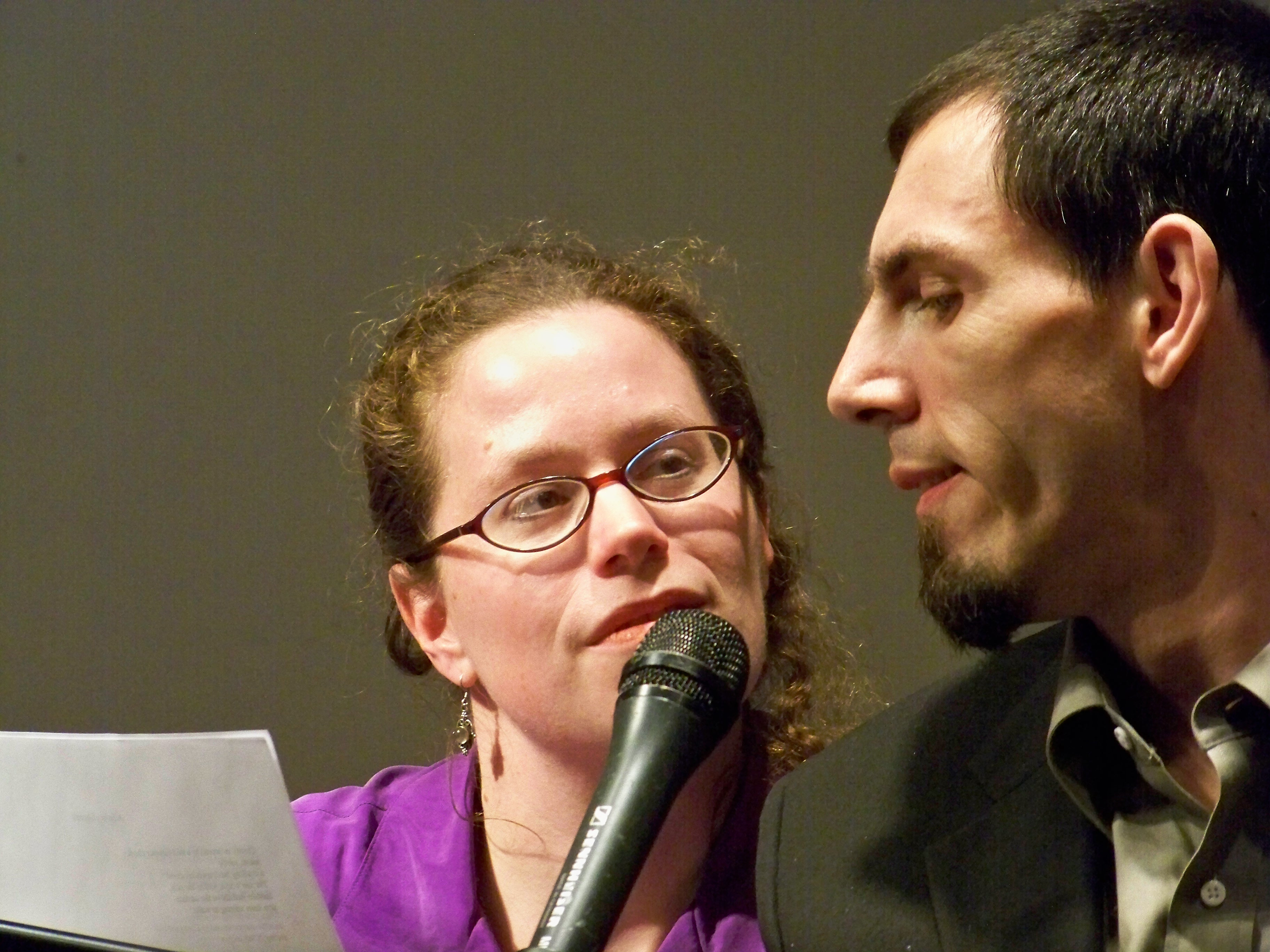While we were out and about this weekend, someone came up to Barton to compliment him on articles in our local newspaper, but then mentioned that it was great that we write them together, implying that I wrote Barton’s articles for/with him. While I’m sure this person didn’t mean to offend, Barton took it as somewhat of an insult, because there was an implication that he wasn’t capable of doing it on his own.
So let’s dispel some myths right away: I am not allowed to touch anything that Barton writes, and if I am transcribing and miss a word, I put brackets around it so Barton can go back to edit what he meant later. In fact, I am not allowed to touch anything we write until the editing phase. It’s really important to me that when our book comes out, that others know Barton’s sections are his own writing.
Digging a bit deeper below this particular misconception can hit on an even more profound concept for those with and without disabilities. My work as a writer and coach for others- adults and young adults alike, is to provide the avenue for each person to find their own voice, whatever that voice may sound or feel like.
It’s easy to dismiss the communicative arts. I’ll get comments like, “My daughter can’t write.” Creative expression may be in a look of the eye, a cry or sound, a green scribble or a body movement. We can build these relationships and communications over time. Who am I or you to say what it should look like? One of my best successes is one of my students who told me there were no adjectives to describe love. We can build goals around learning our own voice or expression, to tell someone how we feel for example or to navigate within our community.
Recently, an episode of Switched at Birth looked at the determination and challenges of a young man learning to speak with a hearing impairment. In many ways, his learning to speak verbally was a direct reflection of his identity, wanting to relate, be a part of and connect within a hearing world.
When do you feel like you may not have a voice? It could be during a discussion of a particular issue, wanting to keep a job, in the midst of a health crisis or illness. It could be when you feel that no one else could possibly understand where you are. There are many times throughout our lives when we feel like we don’t have a voice.
For me, it was when, as a child, I would write stories under the covers of my bed or hide notebooks in my school locker because family, teachers or professionals thought my writing stories was somehow interfering with other aspects of my life. Years later I was still questioning if I had all of my childhood notebooks, still trying to claim my voice.
The vitality of owning our own sounds, words, non-verbal communication, language is an essential piece of who we are. Claim it, own it and value others who have their own voice, no matter how it may manifest itself.

